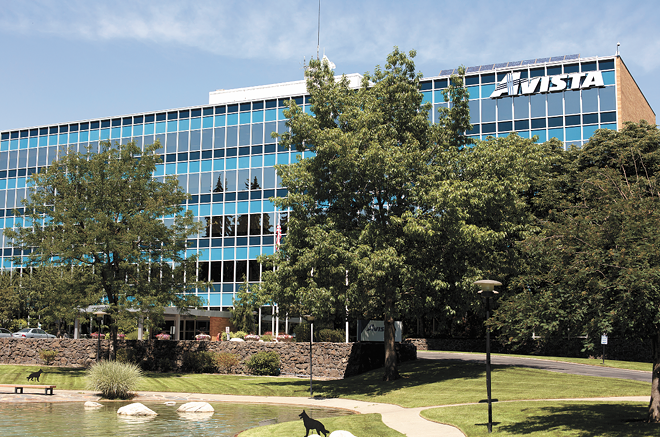The Washington Utilities and Transportation Commission approved increases for natural gas companies around the state, all slated to take effect as winter nears.
Avista opts to use a regulatory tool that annually adjusts their revenue on a per-customer basis to reflect the actual costs they had the previous year. The tool, an annual gas adjustment, is meant to remove disincentives that would prevent utilities from investing in conservation and energy efficiency, according to the commission.
"The average bill for a typical Avista residential natural gas customer using 66 therms will increase by 14.8 percent, or $7.06 a month, for an average monthly bill of $54.85," a commission news release states.
Here's more context from the UTC on the pipeline explosion in British Columbia last year and its lasting effects:
"The Washington Utilities and Transportation Commission today approved rate adjustments ranging from 4-15% for Avista, Cascade Natural Gas, NW Natural, and Puget Sound Energy natural gas customers.
Higher customer costs for 2019 reflect wholesale natural gas price increases caused in part by the October 2018 Enbridge Pipeline rupture, which disrupted natural gas markets throughout the Pacific Northwest.
On Oct. 9, 2018, a 36-inch diameter natural gas mainline ruptured near Prince George, British Columbia. The Enbridge pipeline serves markets in Canada, Washington, Oregon, and Idaho with natural gas production from northeastern British Columbia through the Sumas hub, located on the border between Canada and Washington state. Imports of natural gas at the Sumas hub, which averaged 1.1 billion cubic feet per day in the first half of 2018, fell to zero for a day after the rupture. About half of Washington’s natural gas supplies come from the Canadian provinces of British Columbia and Alberta.
On Oct. 31, 2018, Enbridge announced that it had successfully completed repairs on the ruptured section of the pipeline, but capacity delays continued through the winter of 2019.
Natural gas companies are required to submit purchased gas cost adjustment (PGA) filings at least every 15 months to adjust rates based on the constantly changing cost of natural gas in the wholesale market. The cost of gas purchases are passed on to customers; companies do not profit from or lose money on gas purchases.
The variation in total gas rates among Washington’s investor-owned utilities is due to regional differences in monthly residential usage, supply sources, conservation and energy efficiency programs, low-income program costs, and company gas purchasing practices."


